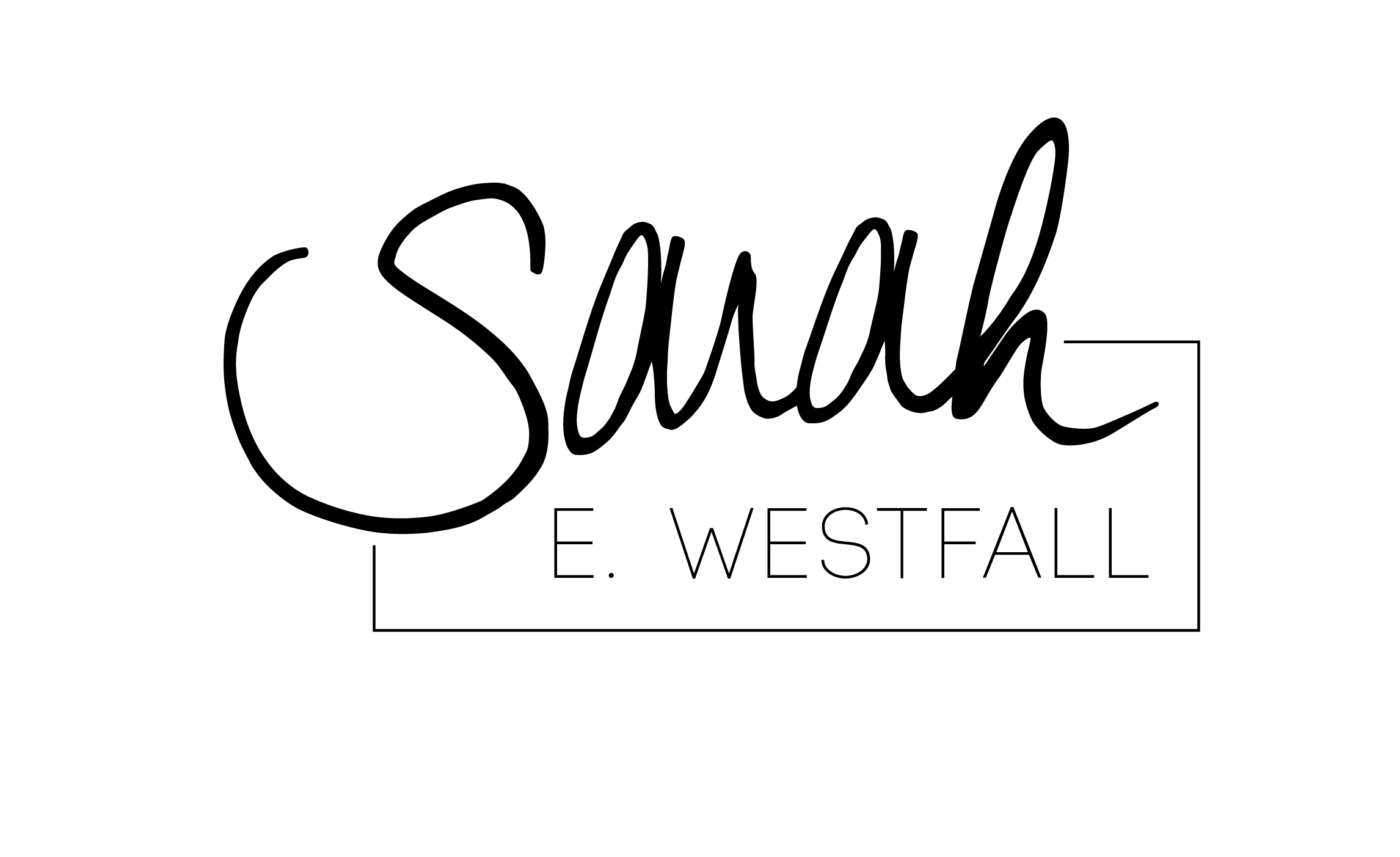The Gift of Weakness
I’ve never been able to do a proper sit-up. Even in high school—the height of my athletic glory—I couldn’t quite manage it. Chin-ups? You bet. Push-ups? No problem. I could even bench press my body weight. (I was a 5-foot-2-inch twig, so it really wasn’t that impressive. But still…) Yet when it came to sit-ups, it’s like my body just didn’t know what to do. No amount of crunches or yoga or planks helped me develop whatever was needed to complete the task. My muscles did not respond.
Several years and five babies later, I’ve pretty much given up hope of washboard abs or completing sit-up with ease. Those baby-carrying muscles have taken a toll. In fact, not too long ago, my three-year-old asked me, “Mama, why is your belly button down?”—his furrowed face clearly distraught over the way my belly button sagged. I shrugged my shoulders and told him, “Well, I’ve had lots of babies. Mama’s belly just got stretched out.” He gave my stomach one last glance and walked away. I’m still uncertain whether he was concerned or satisfied by my response.
I often wish for a flatter stomach. I wish I had abdominal muscles that were more responsive. Sure, I could put more work into it. I could exercise more often, eat better, or even hire a personal trainer, with the chief goal of developing my abdominal strength and kicking that sit-up in the face. I could set aside all other priorities and pour my time, energy, and focus into what’s been elusive for over 35 years. Maybe I’d get there. Maybe not.
But I’ve had to ask: Do I really want to devote so much of myself to what’s always been a weakness? No, not really.
Lately, I’ve been realizing the same is true of my faith. Like my inability to do a sit-up, I’ve carried certain struggles my entire life. And I’m not talking about insecurities here and there, or even seasons where I’ve knowingly walked apart from God. I’m talking about weaknesses that are as much a part of me as my brown eyes or symmetrical toes—like they’re written in my DNA.
Fans of the Enneagram (because I’m one of THOSE…) might call such a weakness a core struggle—that giant that always seems to show up taunting us in our motivations, our pursuits, and our relationships. And just when we think we’re growing, improving, changing, it’s BACK—that familiar inner voice that can derail us faster than a freight train.
Since discovering my own personal brand of weakness, I’ve spent quite a bit of energy trying to eliminate it. I’ve read books. I’ve prayed. I’ve stared in the metaphorical mirror, giving myself pep talk after pep talk, hoping for signs of improvement. But my struggle always resurfaces. It’s that saggy belly button that seems to be here for good.
Last week, I had the opportunity to speak with a group of college women. After the event was over, a few ladies stuck around, and we chatted—primarily about the Enneagram. We shared numbers and bonded over common struggles, and in the middle of one such conversation with a young lady, the thought hit me: What if weakness is a good thing? Before I had much time to marinate on the idea, I found myself speaking, saying something to the effect of:
“You know, it’s really easy to get discouraged by our struggles, to feel alone in them. Sometimes I wish it would just go away. But more and more, I am coming to terms with the fact that the weakness might always be there—and maybe that’s a good thing. Because every day, nothing keeps me leaning into Jesus more than that struggle.”
The words came out of my mouth before they had really settled into my soul. But even as I said them, my heart felt freer, lighter. It’s like I had taken a deep breath and all the weight I’d been carrying on my shoulders just melted to the floor. And I saw the same relief on the face of the young woman across from me. She shut her eyes knowingly, a single tear falling down her cheek.
The more I’ve had a chance to think about this concept—about how our weaknesses may just be more blessing than burden—the more I’m convinced of its truth. Ingrained in our humanity are certain struggles. Many of which hang around even after Jesus has taken hold of our hearts—not because He is incapable of transformation, but because He is God and we are not. Even our best attempts fall short (Rom. 3:23). Following Jesus doesn’t abolish our humanity, but it does allow us to stop struggling oh-so-hard. God alone is the agent of change, and in that knowledge comes freedom. No longer do we have to fight our own battles, to be overcome by our weaknesses and fight the internal demons that seem to have dug their dirty little fingernails into our souls.
Instead, we lean. We stop trying to power through, and we trust-fall into God’s ever-capable hands. Again and again and again. Maybe until our very last breath. And while we could see the never-ending struggle as a burden, I want to see it as a gift. A beautiful package that reveals my need for a Savior and keeps me leaning into Him. Because it is in His Presence where we find freedom, where we see redemption take root, and where He turns our weakness into His glory.
***
“But he said to me, ‛My grace is sufficient for you, for my power is made perfect in weakness.’ Therefore I will boast all the more gladly about my weaknesses, so that Christ’s power may rest on me. That is why, for Christ’s sake, I delight in weaknesses, in insults, in hardships, in persecutions, in difficulties. For when I am weak, then I am strong.”

